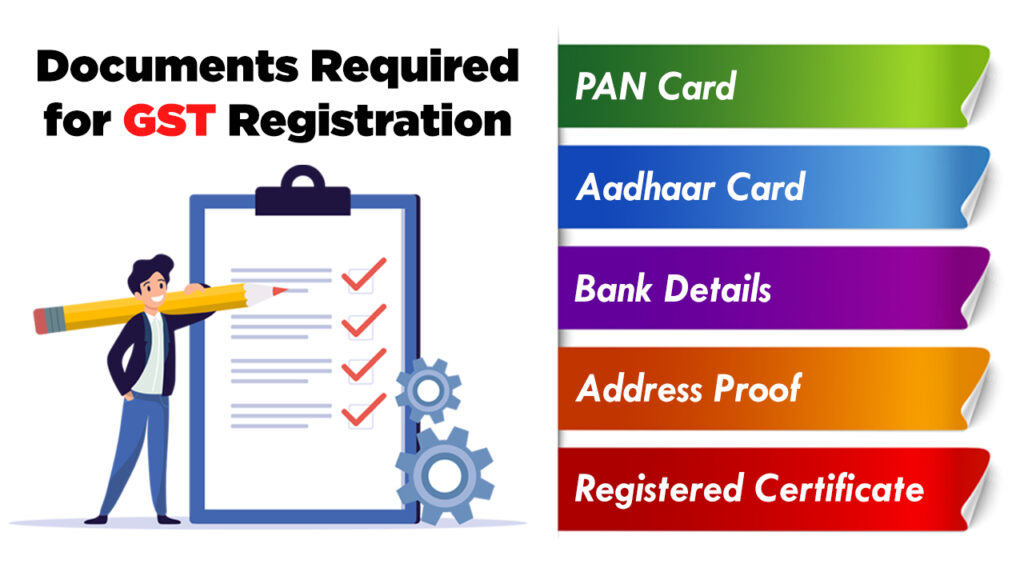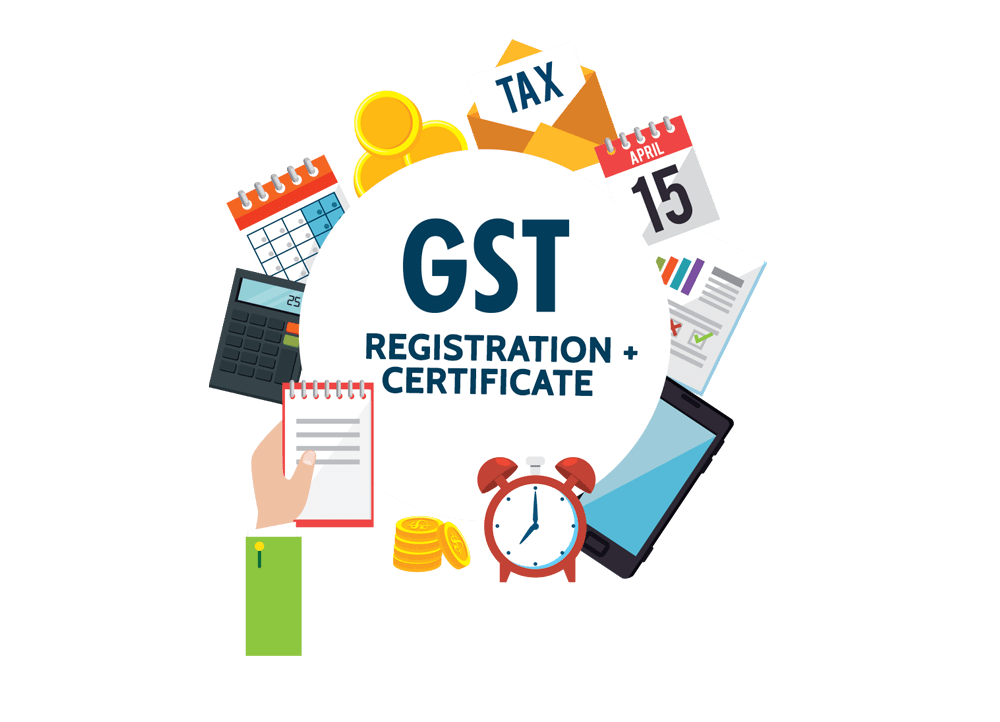Contrast and Choose the most effective GST Registration Services in Singapore for Your Requirements
Contrast and Choose the most effective GST Registration Services in Singapore for Your Requirements
Blog Article
Throughout: The Ultimate Roadmap to GST Enrollment for Organizations Looking For Financial Stability
Browsing the complexities of Item and Provider Tax (GST) registration is an essential action for organizations striving for economic stability. Breaking down the roadmap into manageable actions can streamline the enrollment journey for companies looking to boost their financial standing.
Understanding GST Fundamentals
Delving into the fundamental principles of Goods and Solutions Tax Obligation (GST) is crucial for gaining an extensive understanding of its implications on services and the economic situation. Input Tax Debt (ITC) is a substantial attribute of GST, allowing organizations to assert debt for taxes paid on inputs, decreasing the overall tax obligation burden. Understanding the fundamentals of GST is crucial for companies to abide with tax guidelines, manage their financial resources successfully, and add to the country's financial growth by taking part in a transparent tax system.
Qualification Standards for Enrollment
As of the present policies, the threshold limit for GST enrollment is a yearly aggregate turn over of 40 lakhs for services running within a state, except for special group states where the restriction is 20 lakhs. Furthermore, certain companies are needed to sign up for GST irrespective of their turnover, such as interstate suppliers, informal taxable persons, and organizations responsible to pay tax under the reverse cost system. It is essential for businesses to completely analyze their turnover and purchase types to establish their GST enrollment obligations accurately.
Papers Required for Enrollment
Having met the eligibility criteria for GST registration, businesses should currently ensure they have the requisite files in area to continue with the registration process successfully. The records required for GST enrollment generally include proof of business constitution, such as partnership act, enrollment certificate, or consolidation certificate for different types of companies. Furthermore, companies need to give files developing the major area of service, such as a rental arrangement or electrical power expense.
Step-by-Step Enrollment Refine
Starting the GST registration process involves a series of organized steps to make certain a smooth and compliant registration for organizations. The initial action is to check out the GST website and complete the registration kind with accurate information of the business entity. Following this, the candidate receives a Temporary Reference Number (TRN) which is used to resume the application procedure if it's not finished navigate to this site in one go.
Next, all needed records based on the list supplied by the GST portal demand to be uploaded. These papers commonly include proof of company registration, address and identity proofs of marketers, economic statements, and company entity's PAN card.

Post-Registration Compliance Standards

Verdict
Finally, businesses seeking monetary stability must understand the essentials of GST, satisfy qualification requirements, collect essential papers, comply with the step-by-step registration procedure, and follow post-registration standards - Best GST registration services in Singapore. By sticking to these steps, companies can make sure compliance with tax guidelines and keep financial security over time
Additionally, specific companies are required to sign up for GST regardless of their turnover, such as interstate distributors, laid-back taxed persons, and organizations liable to pay tax under the reverse fee device.Having actually fulfilled the eligibility standards for GST registration, organizations must now ensure they have the requisite papers in area to continue with the registration process successfully. The documents required for GST registration commonly consist of evidence of service constitution, such as partnership deed, enrollment certification, or consolidation certification for different kinds of organizations. In addition, businesses need to provide records developing the principal location of organization, such as a rental arrangement or this contact form electrical energy bill.Commencing the GST enrollment procedure involves a series of structured actions to make certain a seamless and compliant enrollment for organizations.
Report this page